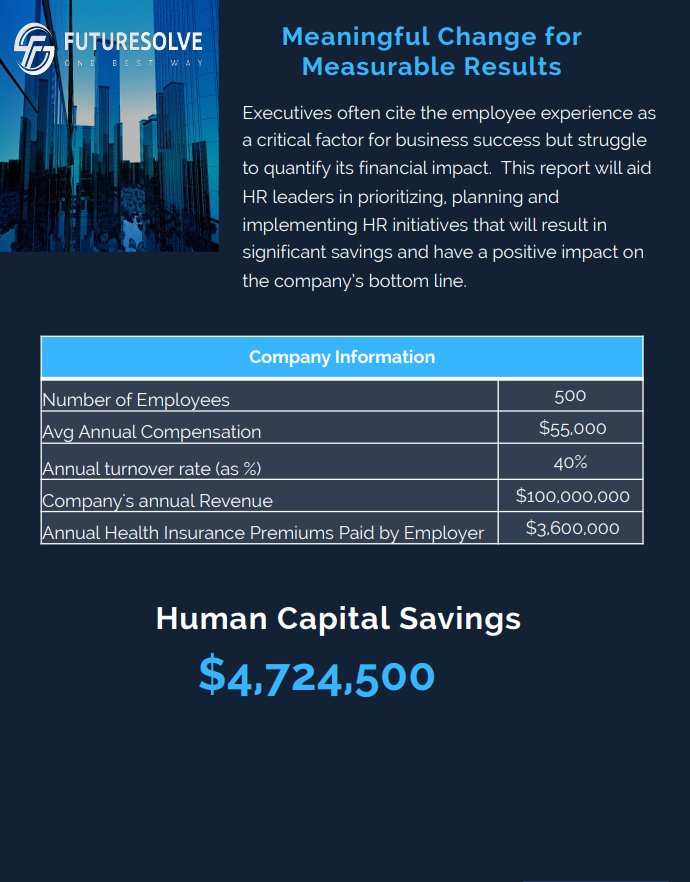With improved emphasis on self-improvement and workplace well-being, organizations need to invest in rapid development opportunities for the employees to keep them happy and fulfilled at work. Mentoring is one way to ensure the same. Let us help you understand the importance of a full-fledged mentoring program at the workplace.
A mentorship takes place when a mentor or an advisor offers guidance to the mentee by sharing valuable knowledge, skills, and experiences. The development of a mentoring program at the workplace will help in facilitating educational opportunities to help employees advance in the respective careers. Moreover, it also facilitates a welcoming corporate or working culture.
What is a Mentoring Program?
A mentoring program at the workplace helps new recruits or those starting their professional careers come across experienced mentors for guiding them on the respective journeys. Mentorship programs at the workplace can help in increasing employee retention while boosting workplace satisfaction and fostering professional growth.
A well-organized mentoring program offers in-depth guidance and proper structure throughout the mentoring process to maximize the overall benefits.
8 Steps to Starting a Mentoring Program
Organizing the workplace mentoring program effectively from the start can offer everyone accurate expectations as well as guidelines. Therefore, it will improve the overall satisfaction with ample experience.
Great mentoring programs simply do not happen by chance. They are designed with in-depth thoughtful planning along with sustained commitment to helping participants across the mentoring process. As you decide to implement a dedicated mentoring program, it serves to be a great strategy for boosting core employee metrics including retention.
As per a study report, it is estimated that around 67 percent of organizations and HR professionals observed that mentoring results in boosted organizational performance. It is also important to note that in-depth planning is required to achieve the strategic mentoring goals. Organizational mentoring programs tend to be highly influential.
Here are some core steps to start with a dedicated mentoring program for your organization:
1. Understand the Basics of Mentoring
For the start, you should understand that mentoring will not replace organizational training programs in any way. Mentoring tends to be distinct from conventional training programs. Objectives within a mentoring program tend to be individual. The objectives are primarily driven by the respective mentee.
Mentoring tends to be an informal driver for ensuring maximum professional development. It does not depend on any lesson plans or in-depth assessment. Moreover, mentoring also serves to be a type of personal investment -both for the mentees and the mentors.
2. Define Your Purpose and Goals
Organizations mostly design comprehensive mentorship programs to improve the overall organizational performance. You can think of designing a mentoring program capable of integrating with the onboarding process of the organization. Moreover, it also tends to emphasize helping new recruits adjust to the workplace culture.
Another lucrative option is to come up with a dedicated mentoring program for ensuring leadership development to hone prospective managers for rapid promotions. Analyze where your organization will benefit the most out of mentorship. Look out for potential mentees that your mentoring program will be targeting and understand how the respective individuals will benefit out of the program.
3. Structure the Program
When you have specified the objectives of the program along with receiving ample support from the leaders, you can proceed further. While analyzing the right structure for the mentoring program at your workplace, here are some important questions to answer:
- Who is the target audience?
- What are the mentees’ requirements?
- What are the mentors’ requirements?
- What will be the intended duration of the program?
- How will success be analyzed?
- What criteria will be used for the program?
4. Choose the Right Mentors
It is imperative for organizations to come across the right mentor to ensure a meaningful and productive relationship with the mentees. Some effective tips to search for the right mentors for your mentoring program are:
- Understand the meaning of a mentor
- Be specific about your program goals
- Find the right individuals for mentoring
- Ensure you look into different perspectives
- Be specific about your needs and expectations
- Show gratitude
5. Match Mentors and Mentees
You can promote enriching opportunities within organizations by effectively pairing the mentors and mentees. It will help in balancing out the strengths and weaknesses of each other. You can think of hiring mentors having valuable expertise in the given field that your mentees would like to know about. It is important to go through the application of every individual. You can also analyze professional files and interview notes of the individuals to come across the perfect match.
6. Give Guidance on the Mentor-Mentee Relationship
Once you have enrolled, matched, and trained the participants, the real action should start. One of best practices for successful mentoring programs is to make sure that all mentorship has specific action plans and goals.
When you provide the participants with relevant and timely resources throughout the relationship, it helps both the mentees and mentors to remain productive. Within the process, offer both the participants the opportunity to reflect upon what they have learned, discuss the next series of steps, and offer feedback on the benefits of the process and program.
7. Decide How to Collect Data
As the mentoring cycle progresses, you would like to:
- Check in with the respective participants to ensure relationship satisfaction
- Obtain understanding of time spent on mentoring activities
- Look out for trends in specific topics and focus areas
- Obtain relevant feedback around structure and communication of the program
Keep measuring the efficiency of the program to ensure its success and come across areas of improvement.
8. Measure Success Continuously and Enhance the Process
The final stage of a mentoring program is concerned with the measurement of success to enhance the overall process. You should measure success across all stages of the program. Some things to measure are the outlined business objectives and mentee personal development.
Conclusion
Get the most out of a successful mentoring program for your organization. For maximum results, you can take professional help and prepare a well-structured mentoring program.





























